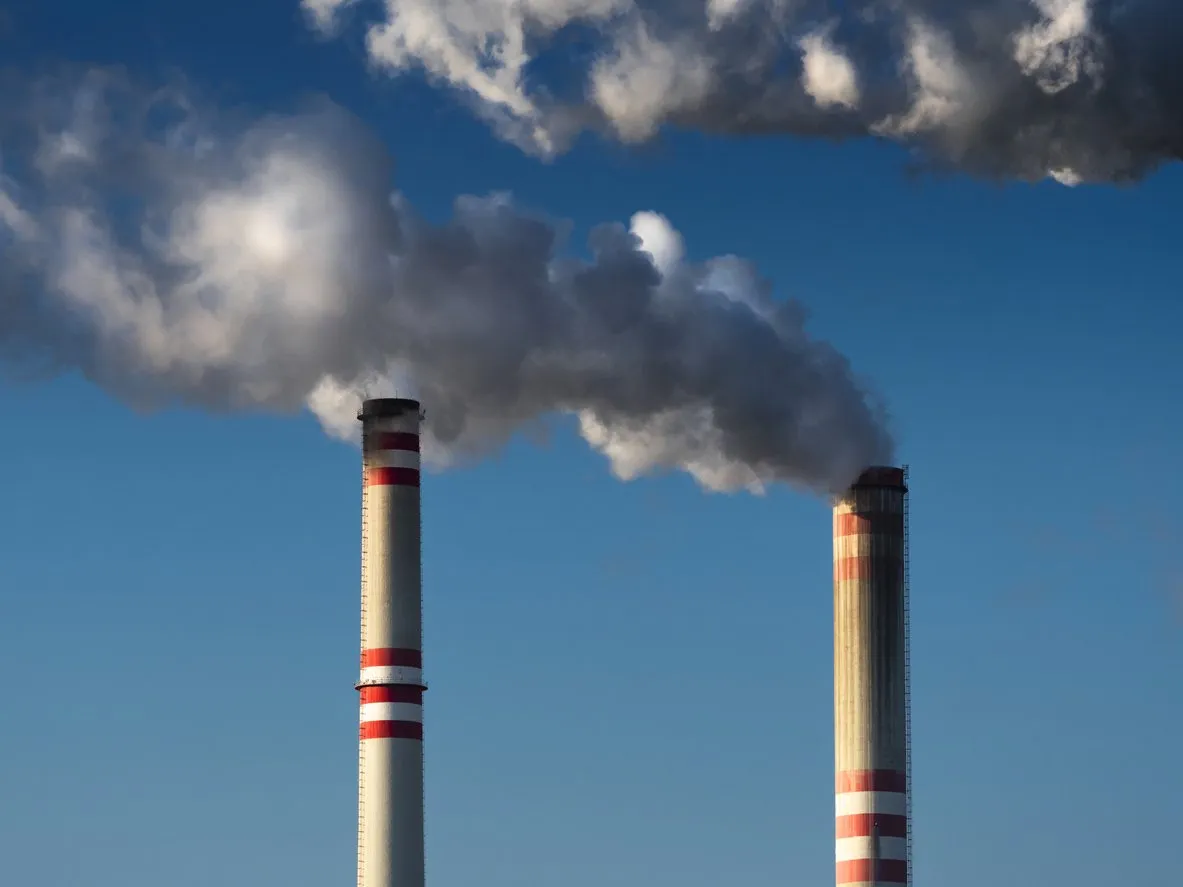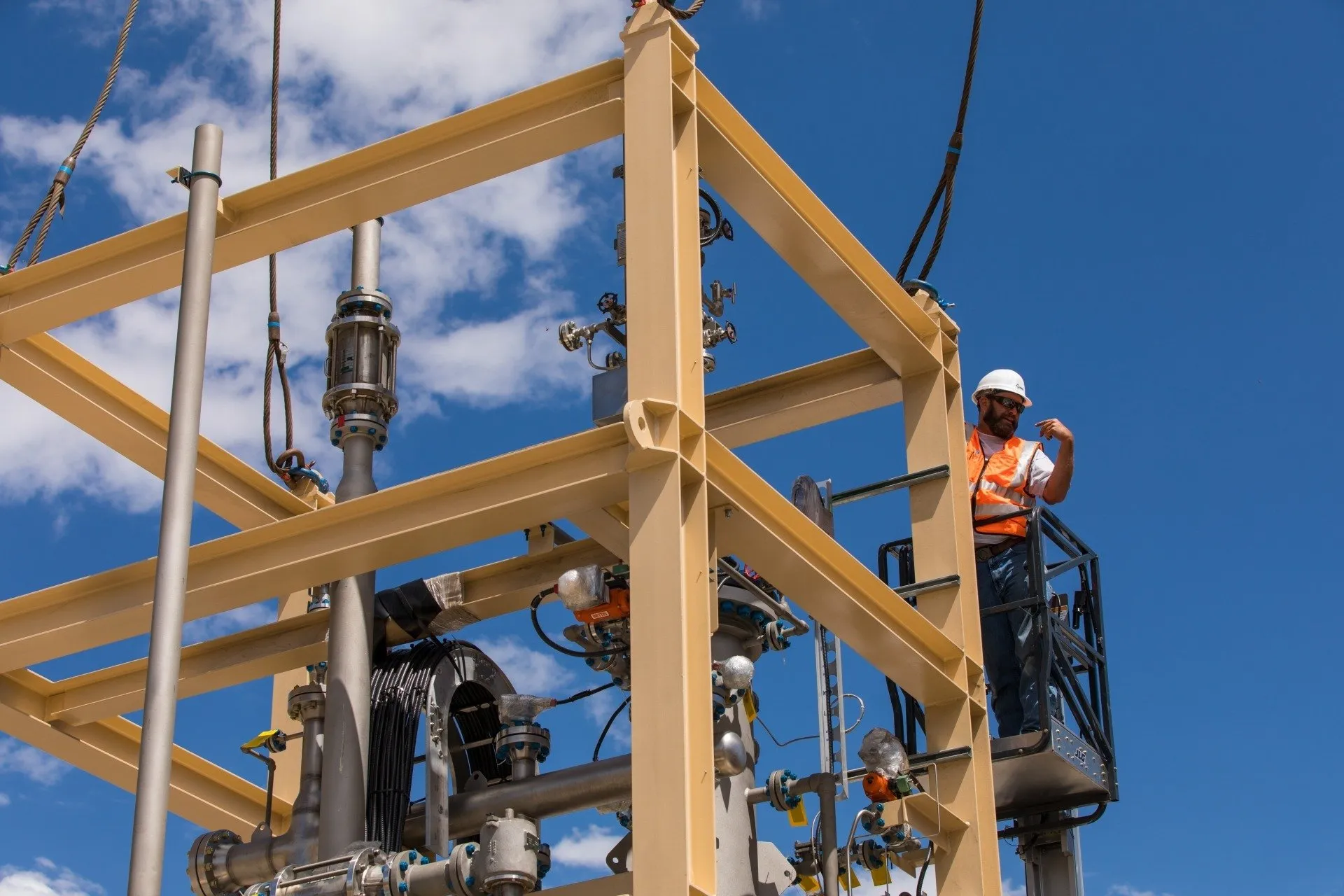
Heavy polluting industries in Washington pour over five million tons of greenhouse gasses into our air, but they are difficult to decarbonize because of the intense heat required to produce building materials like steel, cement, and the semiconductors that power our digital world.

Electricity generated from renewable energy sources like wind and solar aren’t able to generate temperatures hot enough for these industry processes.
Hydrogen has a key role to play in decarbonizing industry heat, in particular for high-grade heat (temperatures above 400 degrees Celsius) applications such as food processing, cement plants, glassmaking, and aluminum remelting.
In 2050, demand for hydrogen in industrial heat could account for about 70 MT, mainly in high-grade heating applications. (McKinsey & Co/Hydrogen Council)

Cement and steel production account for 15% of all global greenhouse gasses. Evergreen hydrogen is Washington’s opportunity to affordably reduce the climate footprint of industry locally while exporting a renewable energy source that can play a vital role in staving off the worst impacts of climate change.